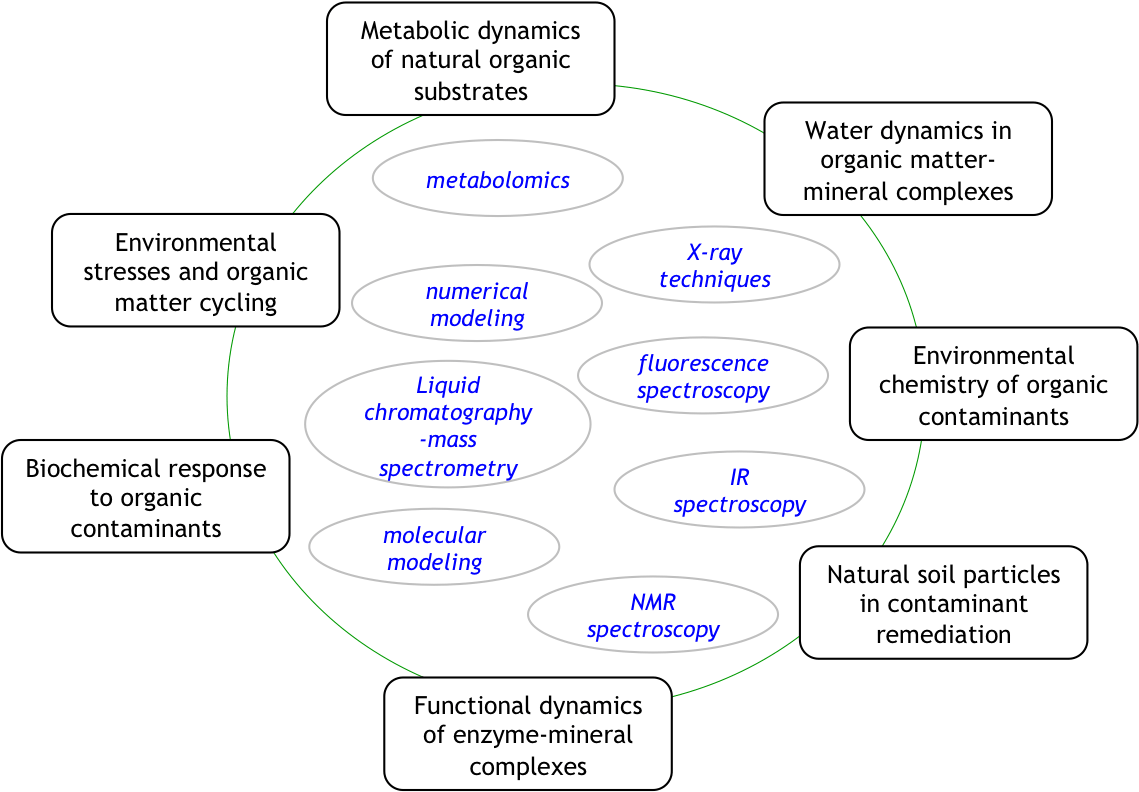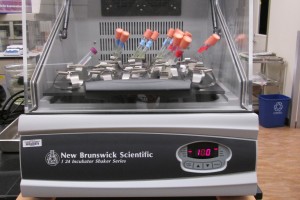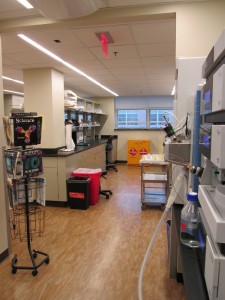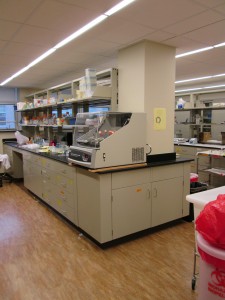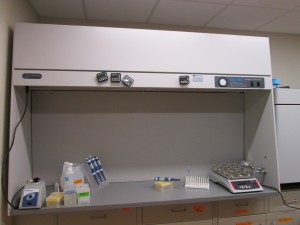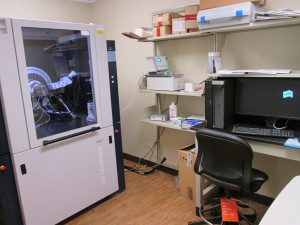Research Topics
Research Overview
The objective of our research activities is to obtain a mechanistic understanding of the “why” and “how” of the environmental behavior of biologically-active organic molecules with implications for environmental contamination, soil fertility, agricultural productivity, and ecosystem health. We are particularly interested in the fate and effects of organic contaminants including herbicides, antibiotics and natural toxins and in the reactivity and fate of important organic substrates and macromolecules in environmental matrices. Our investigative approaches employ a combination of experimental and computational techniques to resolve the mechanisms of the chemical and biochemical interactions relevant to the environmental chemistry and toxicology of these molecules. The long-term goal of our research is to achieve a mechanism-based quantitative evaluation of the potential implications of these bioactive molecules for environmental fate and exposure, chemical transformation, biotechnology, ecosystem health, and carbon dynamics in aquatic and terrestrial environments.
Research Techniques
Molecular Environmental Chemistry: X-ray diffraction; Solid-state and liquid-state NMR; Fluorescence quenching spectroscopy; Infrared spectroscopy; Scanning electron microscopy; Molecular dynamics simulations.
Molecular Environmental Biochemistry: Liquid-chromatography-mass spectrometry, Stable isotope-assisted metabolomics; liquid-state NMR; Numerical flux modeling of metabolic network; Molecular docking simulations; Flow Cytometry.
Current Research Activities
Microbial Carbon Metabolism (Lignin and Cellulose)
Personnel:
Tim Csernica (Postdoctoral researcher). Project: Metabolic network for lignocellulose catabolism in bacteria
Megan Wolf (Postdoctoral researcher, upcoming). Project: Metabolic network for catabolism of mixed carbon wastes in bacteria
Microbial Carbon Metabolism (PLastics)
Personnel:
Norah Chen (Graduate student). Project: Bacterial metabolism of plastic monomers
Cara Flynn (Graduate student). Project: Bacterial metabolism of plastic monomers
Lynna Deng (Undergraduate student). Project: Bacterial metabolism of plastic monomers
Maggie Schneider (Undergraduate researcher). Project: Bacterial utilization of plastics derivatives
Molecular Chemistry of Natural Organic Matter and Macromolecules
Personnel:
Aurore Niyitanga Manzi (Graduate student). Project: Nutrient recycling by extracellular enzymes
Joey Brogan (Undergraduate student). Project: Theoretical prediction of organic matter transformation
Catalysis and Transformation of Biomolecules at Mineral Interfaces
Personnel:
Benjamin Barrios Ceda (Postdoctoral researcher). Project: Biomolecule transformation at mineral interfaces
Jiaxing Wang (Postdoctoral researcher). Project: Interfacial interactions of organic mixtures at mineral interfaces
Aurore Niyitanga Manzi (Graduate researcher). Project: Mineral catalysis and phosphorus recycling
Will Boyle (Undergraduate researcher). Project: Biomolecule transformation at mineral interfaces
Instruments
The Q Exactive LC/MS is used for precise measurements of targeted and non-targeted analytes using reverse-phase liquid chromatography mass spectrometry. This instrument is applied to determine the identity and abundance of intra and extracellular metabolites in order to monitor bacterial metabolism and contaminant degradation.
The XRD is used to monitor interactions of organic substrates and contaminants with expandable clay minerals. Our XRD instrument is equipped with temperature-humidity stage to allow control of both temperature and moisture levels during the run.
The fluorescence spectrophotometer is used to monitor levels and/or changes in fluorescing organic molecules.
